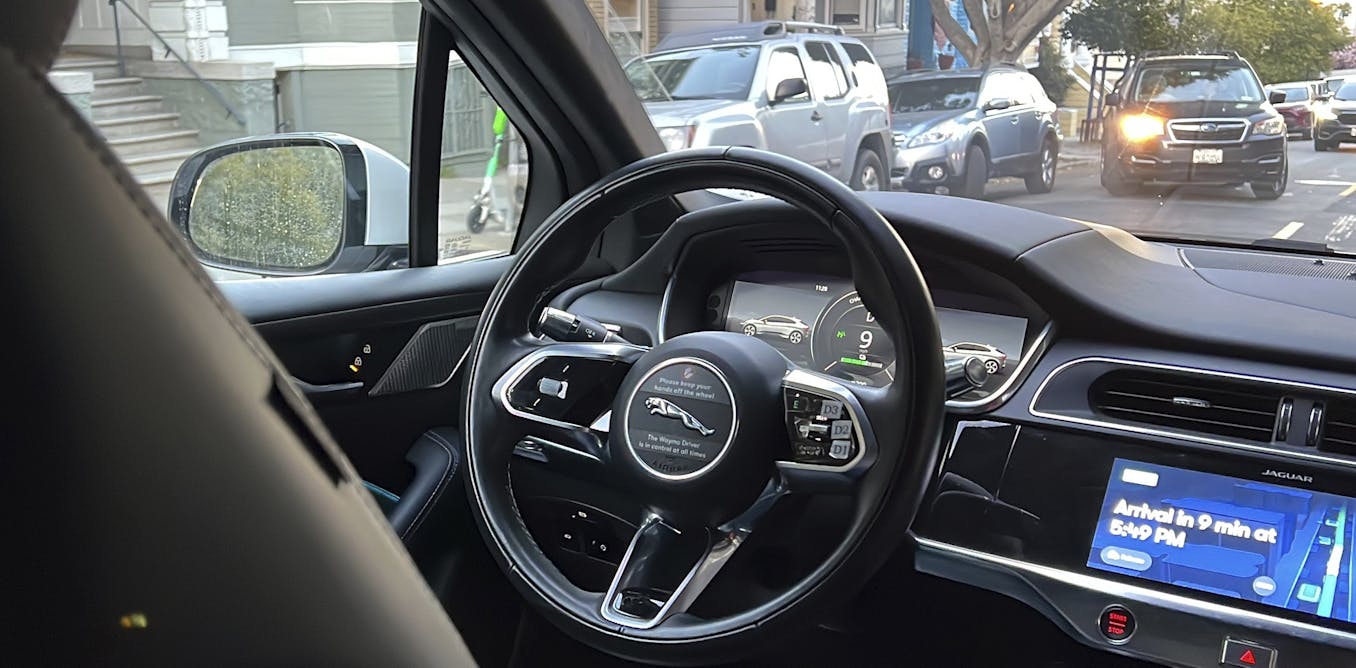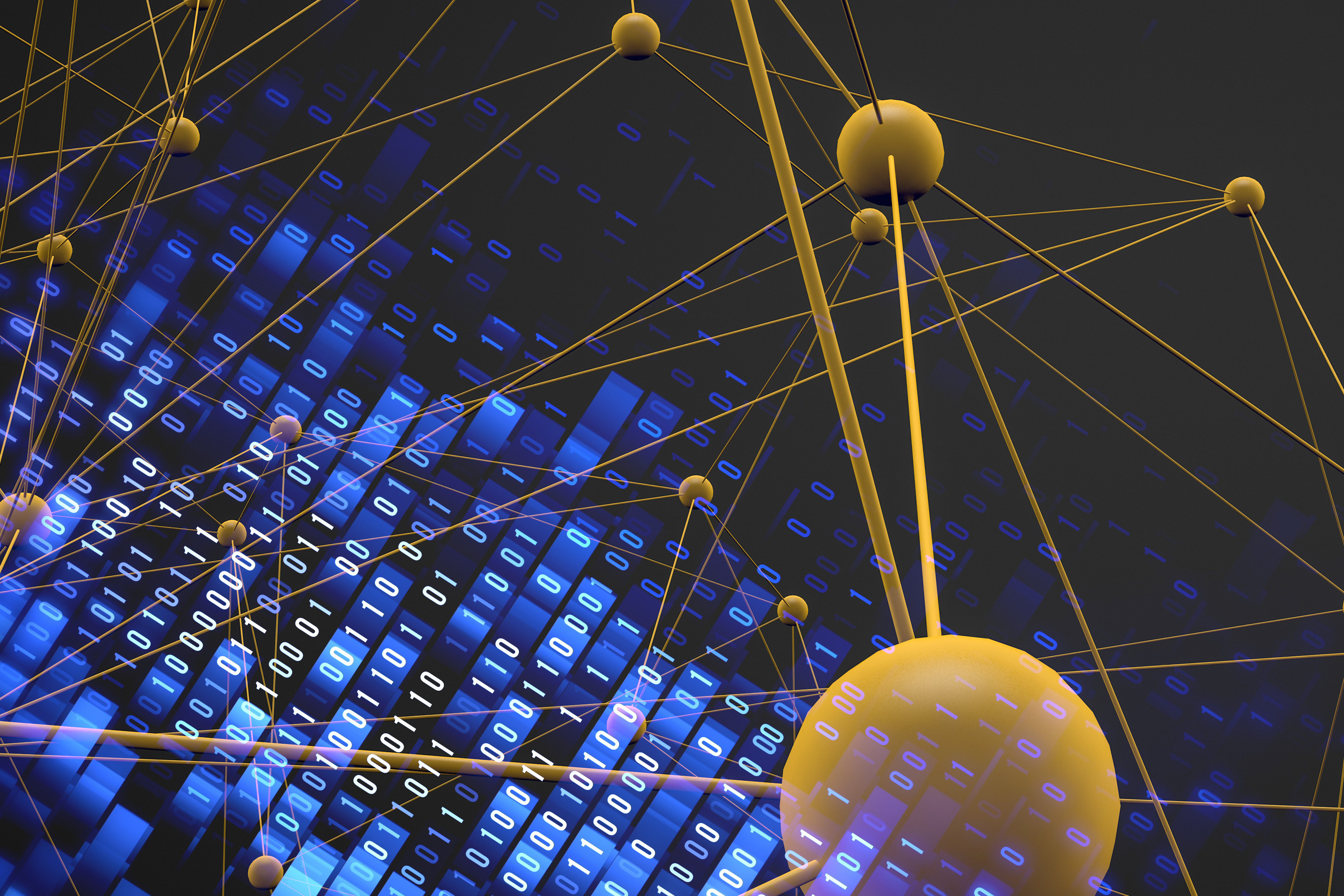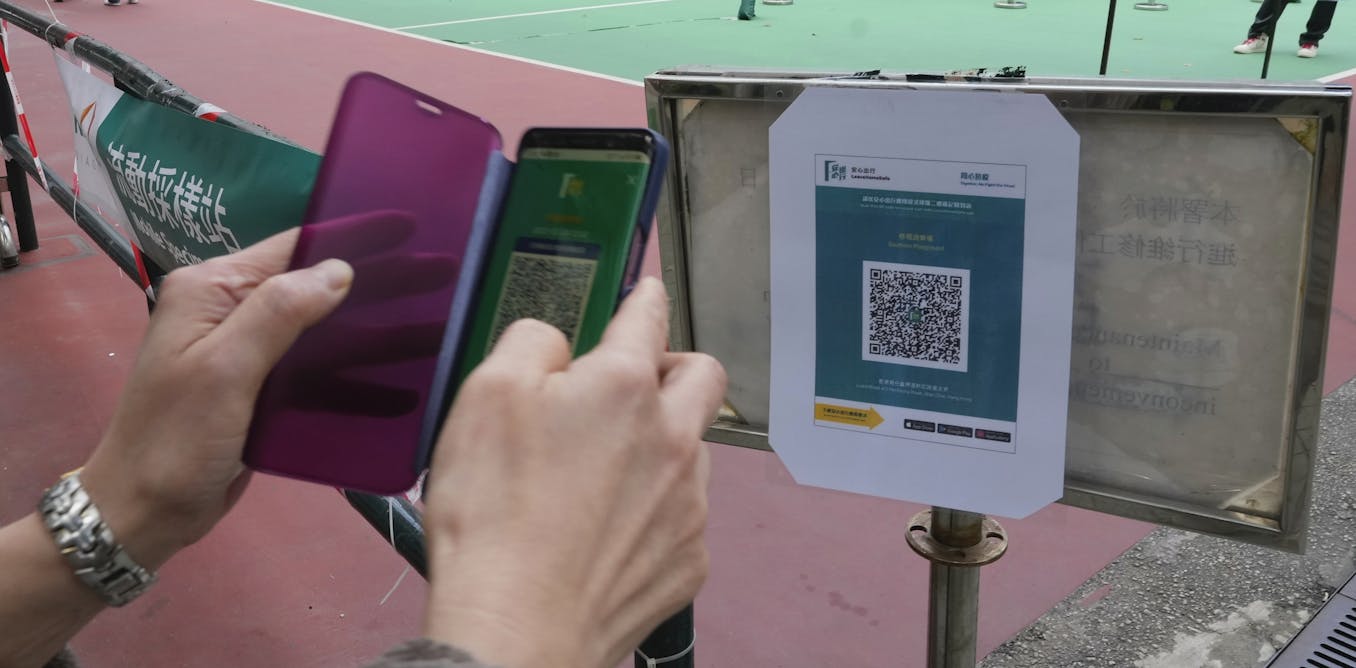Why humans can't trust AI: You don't know how it works, what it's going to do or whether it'll serve your interests
People can trust each other because they understand how the human mind works, can predict people’s behavior, and assume that most people have a moral sense. None of these things are true of AI.
Sept. 13, 2023 • ~8 min





